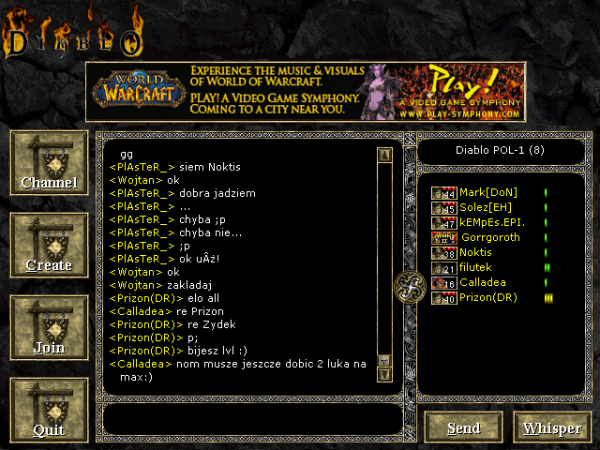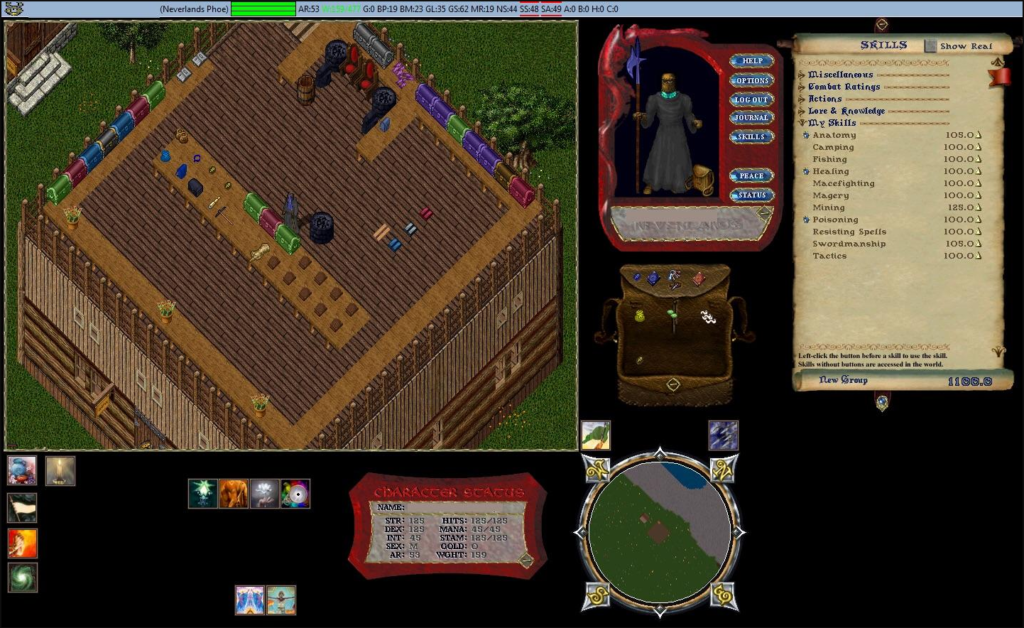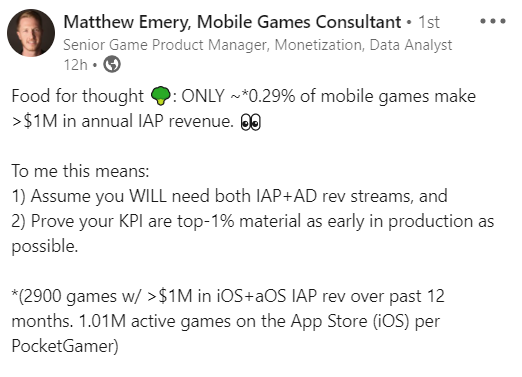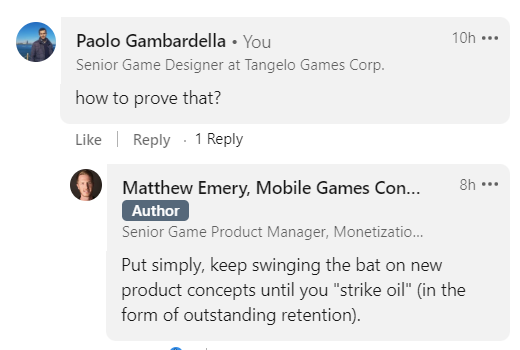Making video games is hard and it has a cost. That is why often we feel the need of building an universal system, capable of letting us creating more games in less time.
Players, instead, purchase and play video games for the experience that game has to offer. They usually do not think in systems, also if they are capable of understand what is similar to other games.
To me the best approach is to make a video game. The best is to focus on a concrete platform and a concrete experience having a great vision. Then if that system is designed to be custom, that is great for the production of next games, of course. But the priority is on the game itself, not on the system you are building.
If you think just in the system, I have to tell you, maybe you are not believing too much in your game. Which is completely normal, you should rely on data and results to believe in it from a business point of view. But from the creative point of view you should also notice that little spark waiting to become the next big IP.
Have a nice summer folks, this is the last post before of my vacations. See you soon!



